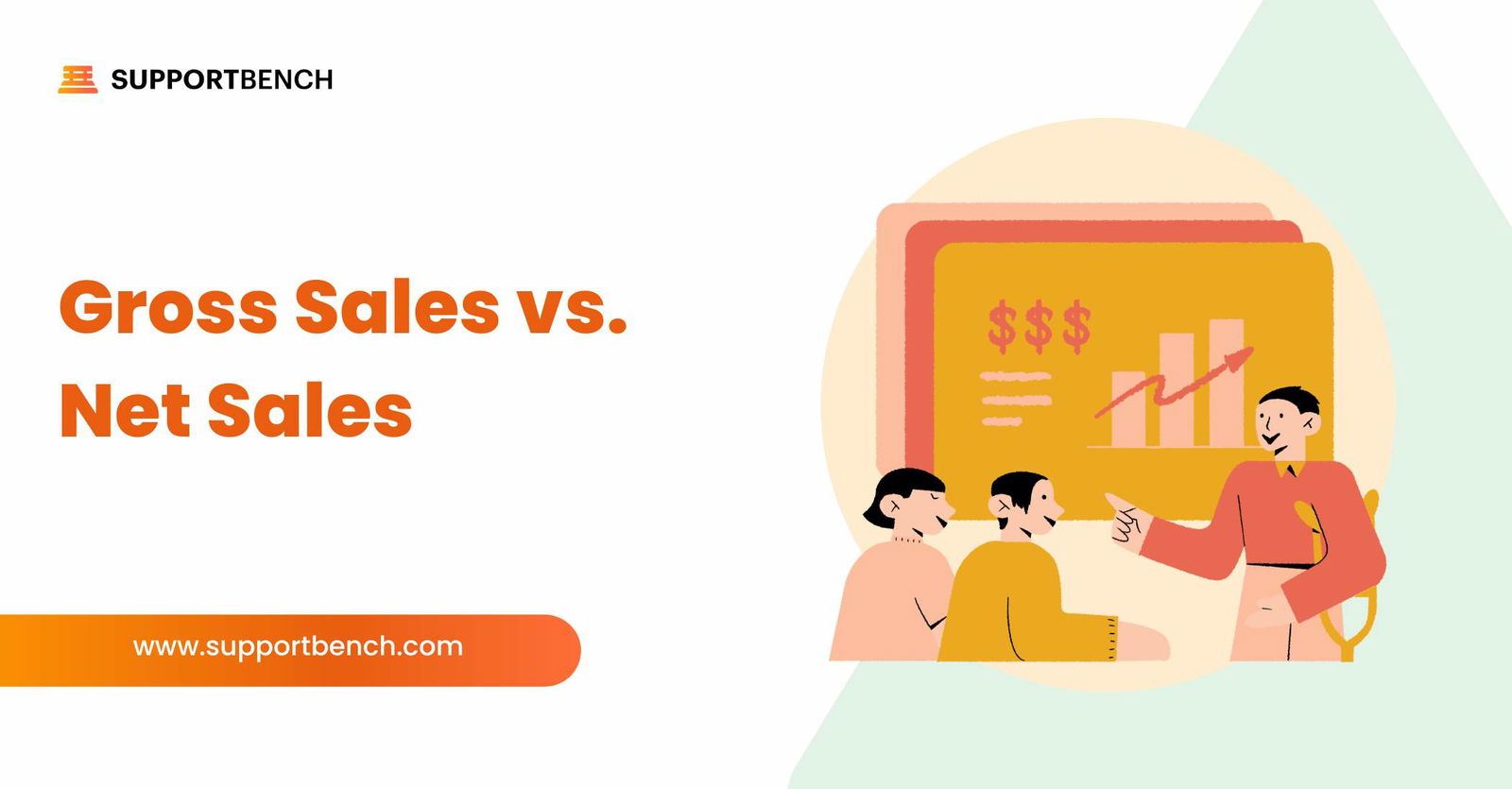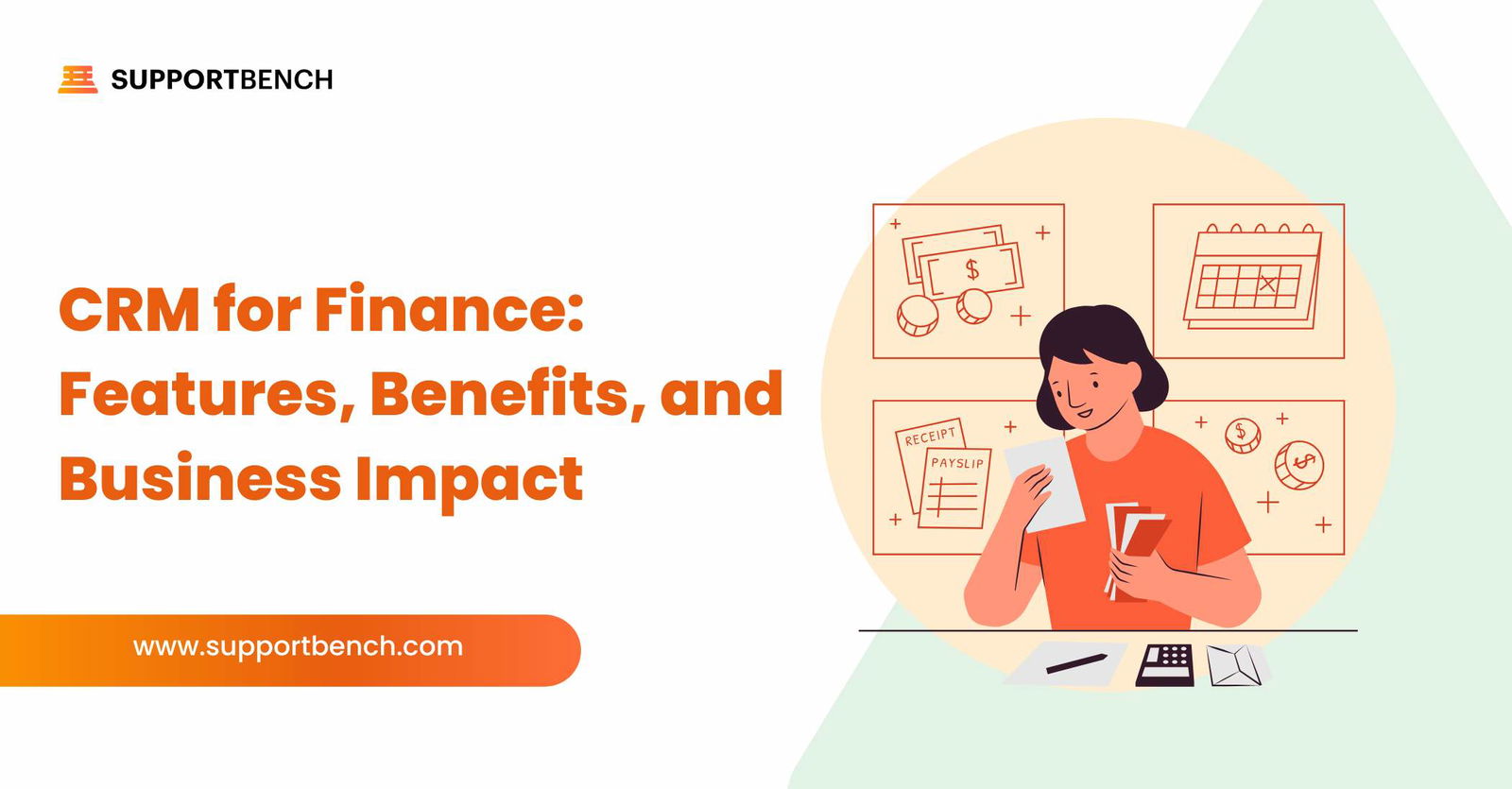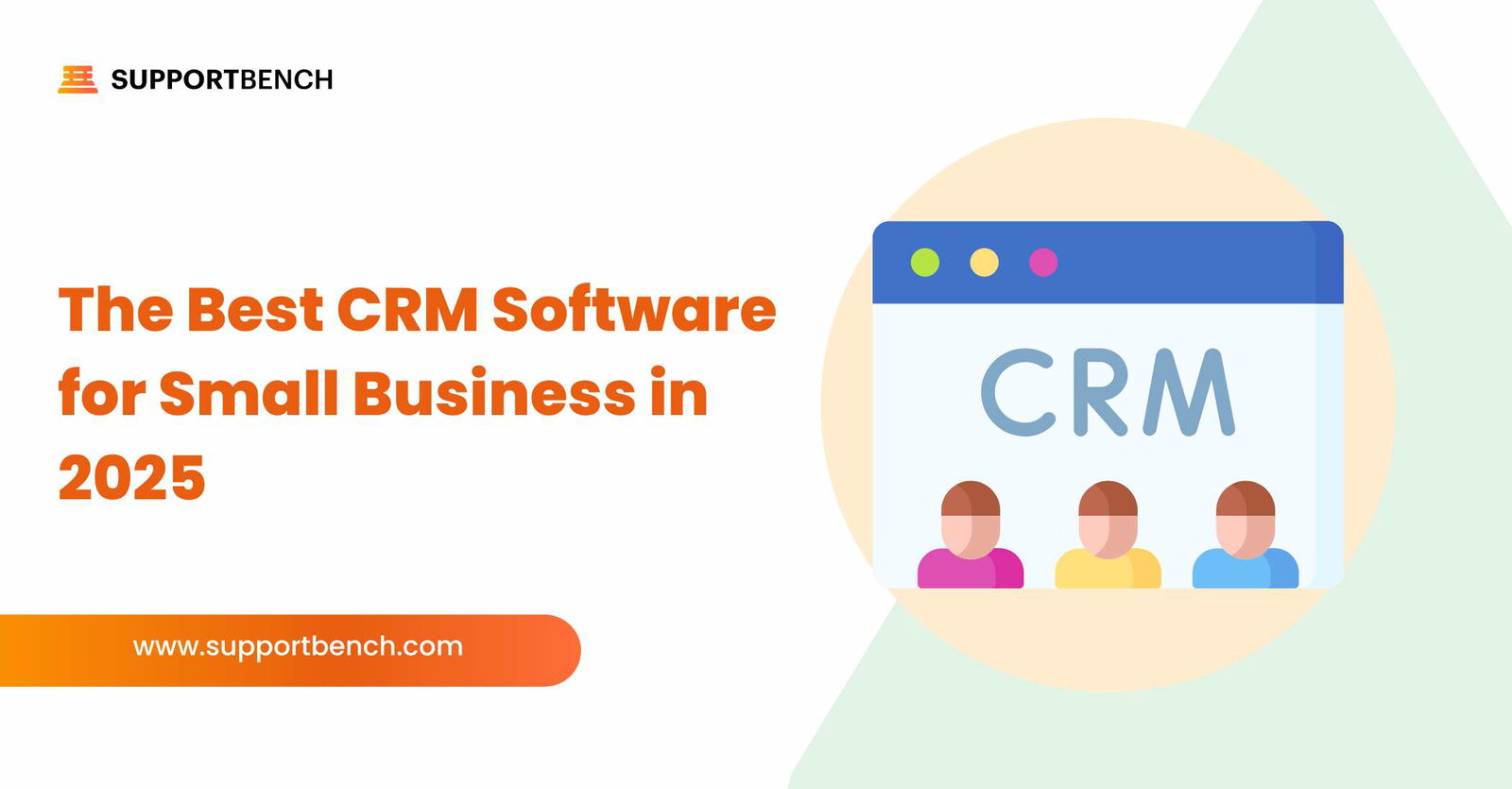The distinction between good and bad helpdesks has never been more pronounced. The stakes are higher than ever before. While an effective helpdesk can elevate a company to new heights of customer loyalty and operational efficiency, a poorly managed one can tarnish reputations and erode trust. For B2B enterprises, where relationships and reliability are paramount, choosing the right helpdesk solution is a critical decision. Supportbench represents the avant-garde of helpdesk solutions, ingeniously designed to meet the demands of modern enterprises. This article delves into the effects of good versus bad helpdesks and highlights actionable strategies support leaders can employ to refine their teams, drawing insights from the pioneering approach of Supportbench.

The Impact of Helpdesk Quality on Enterprises
A study by Microsoft found that 58% of American consumers will switch companies because of poor customer service. In the B2B, where transactions are more complex and the stakes higher, this figure underscores the importance of an efficient helpdesk. Afterall, the nature of B2B transactions, which often involve higher volumes, longer sales cycles, and more significant investments, means that the consequences of losing a customer can be far more severe than in B2C contexts.
Poor helpdesk service in the B2B can lead to THREE significant consequences:
- Loss of Significant Revenue: B2B contracts often represent substantial recurring revenue. Losing a single client due to inadequate support can have a dramatic impact on the bottom line.
- Damage to Brand Reputation: In the tightly knit industries that characterize many B2B markets, word of poor service can spread quickly, making it harder to acquire new customers.
- Increased Customer Acquisition Costs: Acquiring a new B2B customer is significantly more expensive than retaining an existing one, underscoring the value of maintaining high-quality helpdesk support.
Conversely, a PwC report highlights that 73% of consumers point to customer experience as a crucial factor in their purchasing decisions, underscoring the value of a good helpdesk.
In the B2B, your company would benefit in THREE very significant ways:
- Competitive Differentiation: In markets where product offerings are often similar, a superior customer experience, driven by an effective helpdesk, can serve as a key differentiator.
- Customer Loyalty: B2B relationships are built on trust and reliability. A helpdesk that consistently solves problems effectively contributes to this, fostering long-term loyalty.
- Upselling Opportunities: A positive helpdesk experience not only retains customers but can also open opportunities for upselling additional services and products, as trust in the provider grows.
Implications for B2B Enterprises
The insights from these studies underscore a fundamental truth: the quality of your customer support directly influences the success of an enterprise. For B2B companies, where the stakes are so much higher, this highlights several critical areas of focus:
- Investment in Quality Support Tools: Adopting sophisticated helpdesk solutions like Supportbench, which can offer personalized, efficient, and proactive support, is no longer optional but a necessity.
- Training and Development: Equipping customer support teams with the skills and knowledge to utilize these tools effectively ensures that the technology’s potential is fully realized.
- Customer Experience as a Priority: Shifting the organizational mindset to view customer support not as a cost center but as a strategic asset that can drive growth and profitability.
- Continuous Improvement: Leveraging data and insights from helpdesk interactions to continually refine and improve the customer experience.
So, what can you do right now to avoid these mistakes and still take advantage of all of the benefits?
Here are FIVE actionable strategies you can implement immediately:
- Implement Dynamic SLAs:
Dynamic Service Level Agreements (SLAs) are not just a trend; they’re a revolution in personalized customer service. Unlike static SLAs, dynamic SLAs adapt to the context of the service request, such as prioritizing issues for a customer nearing a contract renewal. This ensures a tailored support experience, enhancing satisfaction and loyalty.
- Leverage AI for Customer Insights:
AI-driven sentiment analysis, intent detection, and emotional scoring can transform the way support teams interact with customers. By understanding the nuances of a customer’s query or feedback, support teams can tailor their responses more effectively, thereby improving the quality of customer interactions. The implementation of AI, as seen in more modern B2B Helpdesks, not only augments efficiency but also enriches the customer experience through deeper insights and personalization.
- Focus on Knowledge Management:
The Knowledge-Centered Service (KCS) methodology advocates the integration of knowledge management into the customer service process. Creating and maintaining a dynamic, AI-driven knowledge base, as facilitated by Supportbench, enables customers and support agents to solve problems more efficiently. This proactive approach to knowledge sharing can significantly reduce resolution times and enhance customer self-service options.
- Customer Health Scoring:
Implementing a customer health scoring system helps in identifying at-risk accounts before they churn. By analyzing interaction history, service satisfaction, and other key metrics, companies can proactively address concerns and tailor their outreach. Supportbench’s customer health scoring feature exemplifies how real-time data can be leveraged to nurture and retain valuable B2B relationships.
- Enhance Self-Service Options:
Today’s customers expect to find answers quickly and on their own terms. Expanding your self-service options with AI-powered chatbots and an extensive, easily navigable knowledge base can meet these expectations. Supportbench’s integration of ChatGPT for AI-driven customer interactions showcases how leveraging cutting-edge technology can elevate the self-service experience to new heights.
The Revolutionary Approach of Supportbench
Supportbench has distinguished itself by not just keeping pace with industry demands but anticipating and shaping them. The seamless integration of AI technologies, customizable dashboards, and dynamic SLAs represents a significant leap forward in helpdesk solutions. It’s a testament to Supportbench’s commitment to innovation, driving both immediate improvements in customer support and laying the groundwork for future advancements.
By prioritizing data-driven optimization, Supportbench empowers companies to not only react to customer needs but to anticipate them, ensuring that every interaction is informed by a wealth of analytical insights. Moreover, its emphasis on an autonomous and scalable infrastructure means that companies can grow their support capabilities in tandem with their expansion, without the constant need for IT oversight.
Why Supportbench is Pivotal for Your Company
In the B2B enterprise realm, the helpdesk is not just a support function but a strategic asset. Supportbench’s visionary features—from AI-driven customer insights to dynamic SLAs—exemplify a forward-thinking approach to customer support that can significantly differentiate a company in a crowded market.
The integration with Salesforce, customizable customer portals, and the focus on customer health scoring are not mere features; they’re indicative of a holistic understanding of what B2B enterprises require in today’s digital age: a helpdesk that’s not only a solution to problems but a beacon of innovation and growth.
In the end, the caliber of your helpdesk is not merely a support function but a cornerstone that can dictate your company’s growth trajectory and the depth of your customer relationships. In a landscape where expectations are perpetually evolving, harnessing the latest innovations and trends, as embodied by Supportbench, allows support leaders to not only meet but surpass these ever-growing customer expectations. This journey towards customer support excellence is continuous and ever-evolving. Armed with the right tools, such as those provided by Supportbench, and a strategic approach, companies can unlock unprecedented rewards, ensuring a robust, scalable, and highly efficient customer support ecosystem that propels them towards sustained success and customer satisfaction.












